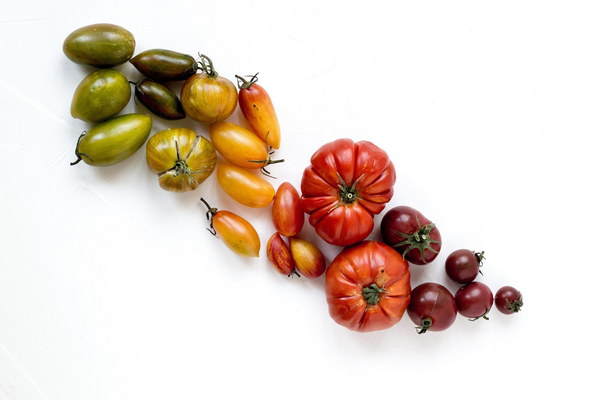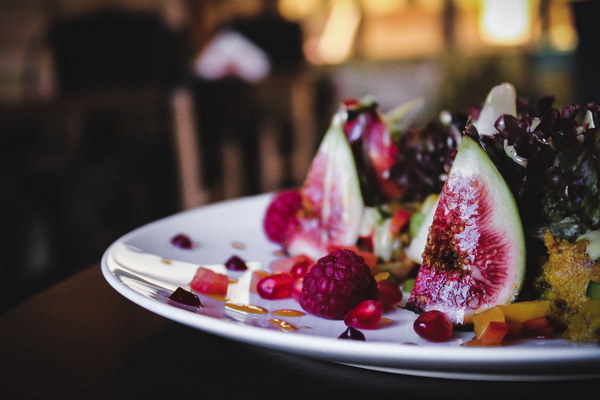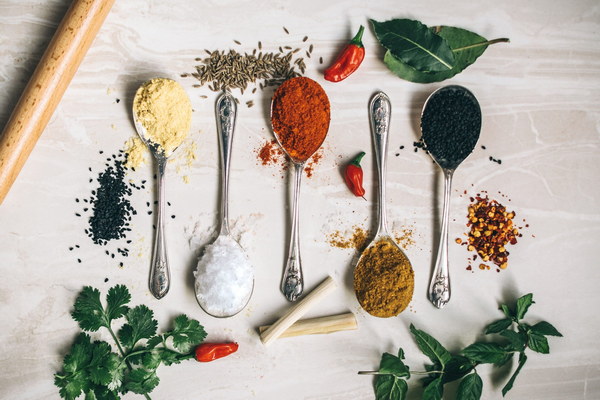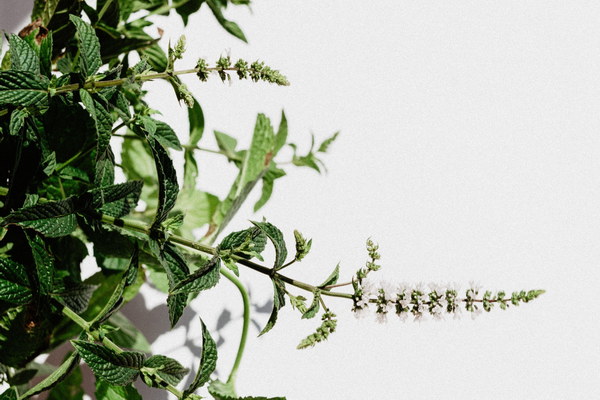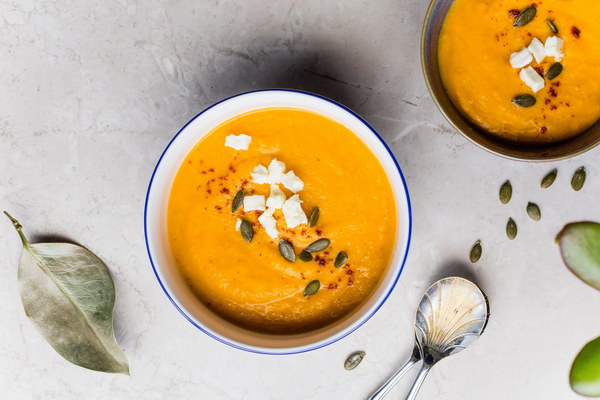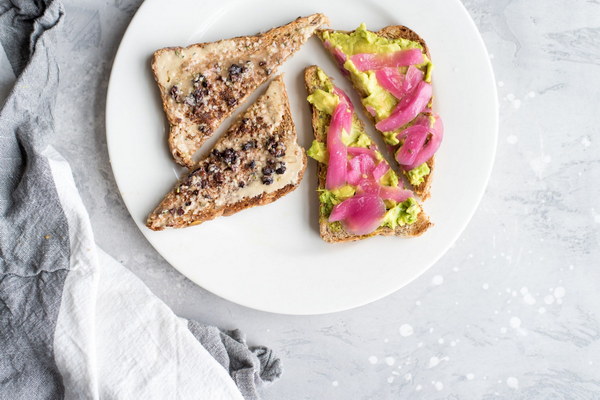The Great Chinese Tradition of Qi tonification Embracing the Power of Universal Health Enhancement
In the heart of Chinese culture lies a profound belief in the balance of the body and its vital energy, known as Qi. This belief has given rise to the timeless tradition of Qi tonification, a practice aimed at enhancing one's health and vitality through various methods. Today, we find ourselves amidst a national movement, known as Quanmin Jinfu or Universal Health Enhancement, where millions of Chinese citizens are embracing the principles of Qi tonification to lead healthier, more fulfilling lives.
The essence of Qi tonification lies in the concept of harmonizing the body's internal energies, promoting a state of balance, and ultimately, achieving longevity. This tradition encompasses a wide range of practices, from dietary adjustments and herbal remedies to physical exercises and mental therapies. Let us delve into the core principles and practices of this ancient practice and explore how the concept of Quanmin Jinfu is reshaping modern Chinese society.
1. Dietary Adjustments
Chinese medicine emphasizes the importance of a balanced diet in Qi tonification. Foods are categorized based on their properties, such as cold, hot, and neutral, and are recommended based on an individual's specific constitution and imbalances. Some common tonifying foods include:
- Ginseng: Known for its energizing properties, ginseng is believed to enhance the body's immune system and improve mental clarity.
- Astragalus: This herb is renowned for its ability to boost the immune system and increase energy levels.
- Goji berries: These berries are rich in antioxidants and are believed to promote longevity, improve vision, and enhance sexual function.
2. Herbal Remedies
Herbal remedies play a significant role in Qi tonification, as they are designed to address specific imbalances and deficiencies within the body. Some popular herbal formulas include:
- Reishi: This mushroom is believed to nourish the heart and lungs, improve sleep, and enhance the immune system.
- Codonopsis: Known as the poor man's ginseng, this herb is used to boost energy and support the immune system.
- Atractylodes: This herb is used to strengthen the spleen and stomach, improve digestion, and boost energy levels.
3. Physical Exercises
Physical exercises, such as Tai Chi, Qigong, and yoga, are essential in Qi tonification. These practices focus on cultivating and balancing the body's energy by promoting relaxation, improving flexibility, and enhancing circulation. Here are some key exercises:
- Tai Chi: A gentle, meditative form of martial arts that improves balance, coordination, and mental focus.
- Qigong: A set of exercises that combine breathing techniques, gentle movements, and meditation to enhance Qi flow.
- Yoga: This ancient practice combines physical postures, breathing exercises, and meditation to promote overall well-being.
4. Mental Therapies
Mental therapies, such as meditation and mindfulness, are crucial in Qi tonification. These practices help individuals manage stress, improve mental clarity, and maintain emotional balance. Some popular techniques include:

- Mindfulness meditation: This practice involves focusing on the present moment and observing thoughts and sensations without judgment.
- Transcendental Meditation: A simple, easy-to-learn technique that reduces stress and promotes relaxation.
- Guided imagery: This practice involves visualizing a peaceful and calming scene to induce relaxation and reduce stress.
The Quanmin Jinfu Movement
The Quanmin Jinfu movement has gained momentum in recent years, with more and more Chinese citizens embracing the principles of Qi tonification. This movement aims to promote health and well-being on a national scale, encouraging individuals to adopt a holistic approach to living. Here are some key aspects of the movement:
- Public Awareness: The government and various organizations are working to raise awareness about the benefits of Qi tonification and encourage more people to engage in the practice.
- Policy Support: The Chinese government has implemented policies to promote the integration of traditional Chinese medicine into the healthcare system.
- Community Engagement: Local communities are organizing workshops, seminars, and classes to teach individuals about Qi tonification and encourage them to incorporate these practices into their daily lives.
In conclusion, the tradition of Qi tonification is a powerful tool for achieving health, vitality, and longevity. By embracing the principles of Quanmin Jinfu, individuals can improve their quality of life and contribute to a healthier, more balanced society. As we continue to explore the wonders of this ancient practice, we are reminded of the timeless wisdom that lies within the heart of Chinese culture.
